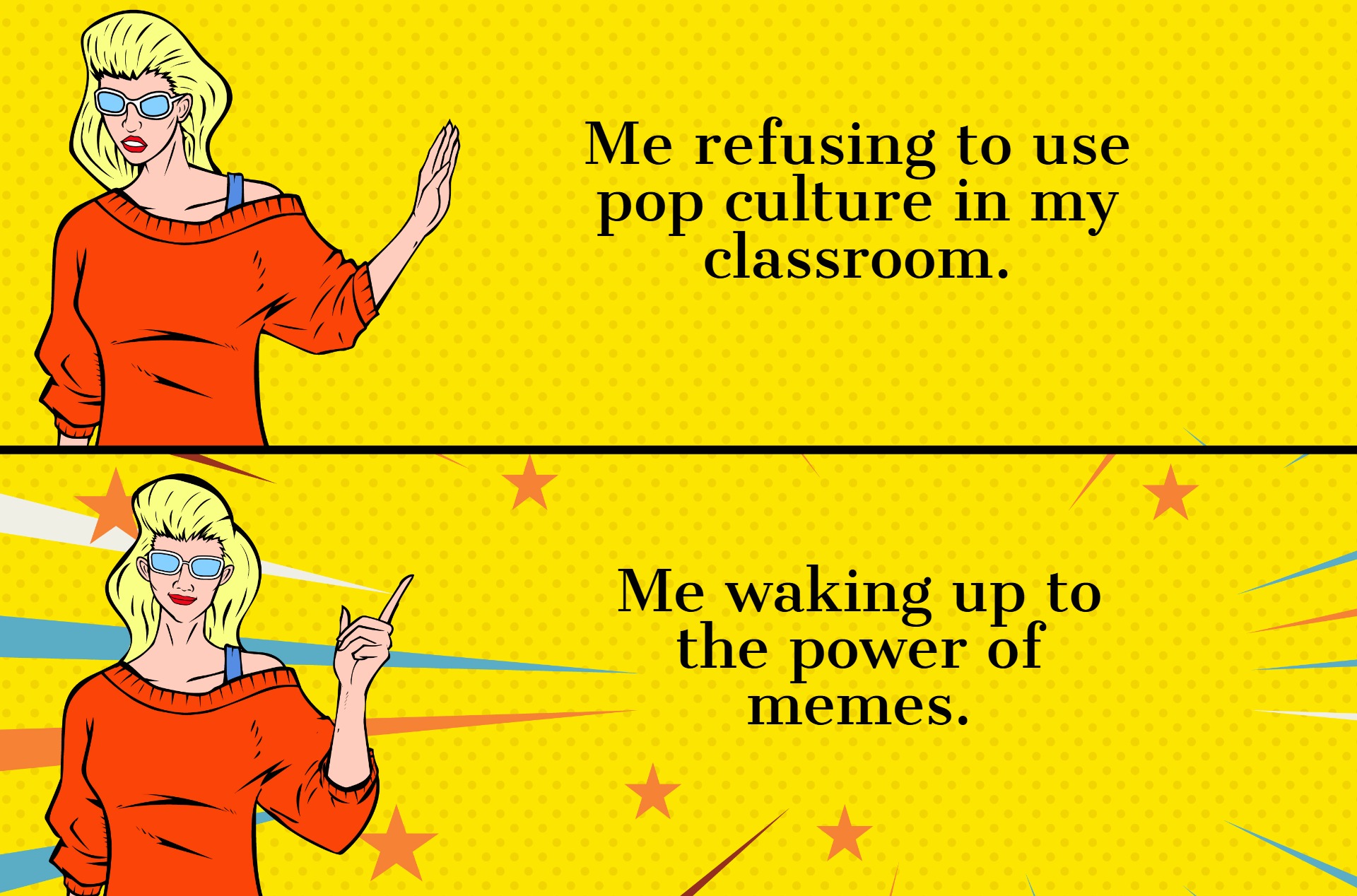We need to teach postdocs how to teach
Without properly training them, we are throwing our academics to the wind and shortchanging their students.

There I sat in the lecture hall as an undergraduate student two decades ago, my eyes glazing over from the monotonous droning of our prof who recited, word for word, the information we could all read on his haphazard slides.
Even then I wondered: doesn’t anyone train professors how to teach? Turns out no one did, and things have not improved much since then.
Knowledge translation and sharing is a science unto itself, one that is often overlooked even at the highest levels of education, and while it’s unfortunate so many have missed out, it presents a golden opportunity to improve postsecondary teaching and learning by leaps and bounds.
After 16 years of teaching postsecondary students, I look back now at my own first experience as a community college instructor and smile, though I was certainly not smiling at the time. Standing at the podium for the first time, I remember how my palms sweated as I opened my laptop, hooked on the mic and began to fumble through my slide deck. Hundreds of students’ eyes fixed on me expecting, just as I once had, to be intrigued and inspired by the knowledge I was about to share.
I don’t know how I came across back then, but I do know that too much was left to chance. I’d walked into that lecture theatre equipped with little more than my graduate degree and sincere intentions. I knew my stuff – and had even studied education and cognition – but much like the professors who had taught me, I was never formally trained in how to disseminate knowledge most effectively. Being a subject matter expert alone does not make someone a great teacher.
Grounding teaching preparation in science
Teaching should not only be a performance art. It can and ought to be grounded in science and evidence, and every lecturer should learn – and continue learning – the best teaching practices available. Without properly training them, we are throwing our academics to the wind and shortchanging their students. Schoolteachers earn degrees specifically in education and pass licensing exams to prove they are qualified, but what about postsecondary instructors? My credentials qualify me to teach college and university students, but I am not equipped or certified to teach elementary or high school.
To better prepare professors for the podium, universities need to develop programs that are tailor-made for postdoctoral fellows on their way to becoming profs. A postdoctoral appointment is a crucial pivot where a student or researcher transitions into an instructor.
A recent webinar hosted by the Conference Board of Canada found that 51 per cent of PhD respondents held employment in academia, and of those, approximately 19 per cent held tenure track teaching positions. These coveted positions are in high demand, and competition is fierce. Unfortunately, many postdocs exit their fellowships under-prepared and under-mentored for a tenure track academic position. Teaching a lecture without adequate preparation or training can be one of the most frightening aspects of a postdoc’s career. It doesn’t have to be this way.
There are only two teaching preparation programs for postdocs
In my environmental scan of 49 public universities in Canada in September 2022, I found that only two universities, McMaster and the University of British Columbia, offer intensive programming specific to postdoctoral fellows. The McCall MacBain Postdoctoral Fellows Teaching and Leadership Program was created to bridge this gap in service to our future educators and leaders. This McMaster program gives postdocs a competitive edge in the academic market.
Through evidence-based design, informed by the science of cognition and education, postdocs in the program spend one day a week for eight months completing the program to develop the tools necessary for excelling in the classroom or in industry. The educational toolkit includes learning the principles of cognition and education, lecture design, presentation skills, leadership, professional development and educational research. Each of these tools will further inform postdocs’ prospective careers, equipping them for academia and beyond.
The University of British Columbia acknowledges the need to train tomorrow’s professors through educational interventions with today’s postdoctoral fellows. UBC’s Teaching Internship Program is a semester-long intensive program that equips postdocs with educational tools and skills through a semester-long mentorship, monthly workshops, and an instructional skills workshop certification.
It should be every university’s goal to nurture future educators so they will not stand before a packed lecture hall equipped with only their degrees and great intentions. Postdocs need specific knowledge about teaching to optimize the academic skills, knowledge and credentials they have spent years developing.
Katie George is the program manager and research coordinator for the McCall MacBain Postdoctoral Fellows Teaching and Leadership Program at McMaster University.
Featured Jobs
- Business – Lecturer or Assistant Professor, 2-year term (Strategic Management) McMaster University
- Canada Excellence Research Chair in Forest Biodiversity Conservation (Full Professor)University of New Brunswick
- Veterinary Medicine - Faculty Position (Large Animal Internal Medicine) University of Saskatchewan
- Psychology - Assistant Professor (Speech-Language Pathology)University of Victoria
- Canada Excellence Research Chair in Computational Social Science, AI, and Democracy (Associate or Full Professor)McGill University














Post a comment
University Affairs moderates all comments according to the following guidelines. If approved, comments generally appear within one business day. We may republish particularly insightful remarks in our print edition or elsewhere.
3 Comments
Thank you for this thoughtful essay on teaching postdocs to teach.
It’s unfortunate your environmental scan did not locate the University of Calgary Postdoctoral Scholar Certificate in University Teaching and Learning. The Taylor Institute for Teaching and Learning has offered this Certificate since 2017 enhancing opportunities for postdoc teaching development.
Thank you so much for your comment, Cheryl. I will certainly look into this opportunity at Calgary. It sounds like exactly the kind of thing our universities need.
This essay emphasizes the importance of equipping postdocs with appropriate pedagogical skills to be effective teachers.
While I agree with the central thesis, I would, nevertheless, suggest that the training and sensitization process for good communication with undergraduates, needs to begin during the graduate and post-graduate years.
Many grad students already participate in helping to guide and supervise the work of undergrads in such settings as labs, workshops, studios, etc. This, however, does not necessarily imply that they receive proper training or supervision to convey the applicable information in the most effective and stimulating manner.
In many post-secondary institutions, the teaching component continues to play a secondary role in relation to research at all levels. The situation persists, and, at least in some instances, poor teaching skills undoubtedly stifles motivation and enthusiasm among students who might otherwise have been inspired to pursue an academic career.